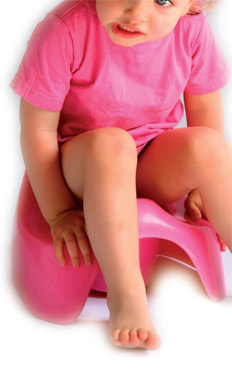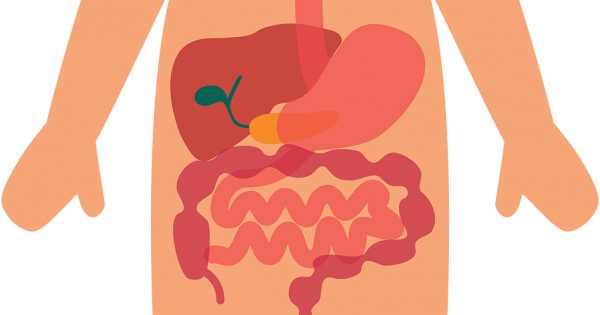Your child has constipation if he passes stools less frequently than usual. His stools are also hard, dry and difficult to pass. While constipation is rarely a sign of serious health problems, it may cause your child to become lethargic, lose his appetite and become moody throughout the day.
The most common cause of constipation among children is stool withholding. Over the years, your child may have been resisting the urge to go to the toilet on purpose. Initially, your child may be putting in effort to withhold his stools. Eventually, his normal bowel reflexes may be affected, causing stools to build up in his bowels. The habit of stool withholding may eventually become natural to your child and become harder to break. This habit may be derived from various experiences of the child, such as:
Pain while passing stools. The pain, that may have been caused during a previous illness, may lead your child to associate pain with passing stools. Thus, he shies away from the toilet.
Change in daily routine. Changes, such as traveling, moving to a new home or starting school, may cause your child to feel uncomfortable in the new environment. He may also dislike or find it inconvenient to use an unfamiliar toilet.
Distractions. Your child may prefer to play with his friends or toys rather than “waste time” on the toilet bowl.
Get Your Child’s Bowels Moving
When your child is constipated, this means that his stools have accumulated in his bowels and have become harder and larger. It is important to help your child get back his normal rhythm as early as possible. Try the following steps to stimulate your child’s bowels. Establish regular toilet routine. Get your child to wake up half an hour earlier in the mornings so that he has extra time to use the toilet before school. Encourage your child to sit on the toilet bowl for a while at about the same time each day, even if he does not have a bowel movement. The best time to encourage a bowel movement is immediately after a meal to about an hour after it.
Make toilet time a pleasant time. Don’t hurry your child while he is sitting on the toilet bowl and don’t force him to sit on the toilet bowl or scold him if there is no bowel movement. Passing stools should not be perceived as a stressful chore for your child.
Get your child to drink up. Try to get your child to drink plenty of water each day as water helps to soften stools.
Feed your child fibre. Fibre helps hold water in the stool, making the stools softer and easier to pass. It also provides the bulk that the colon muscles need to stimulate the forward motion of the stools. However, too much fibre in a young child is not advisable as it can also lead to constipation.
Encourage your child to be active in school and at home. Staying active is an excellent way to keep the bowels moving.
Teach your child to relax. Too much stress may affect your child’s regular bowel movements. Learn to encourage your child to express his emotions.
Reminder: It is not advisable to give laxatives or administer an enema to your child unless prescribed by the doctor. Laxatives can sometimes impair the normal functioning of the colon.
Influenza A(H1N1) and Children
When to See a Doctor
In some cases, constipation could be caused by an underlying medical condition. If in any doubt, seek medical advice. Take your child to see a doctor if he experiences symptoms of constipation for more than 2 weeks, or if his constipation is accompanied by one of the following symptoms:
- Fever
- Vomiting
- Blood in stool
- A painful distended abdomen
- Weight loss
Know Your Child’s Bowel Movements
There is no ‘normal’ frequency of bowel movements. For children, the number of bowel movements changes according to his age and diet. Each child has his or her own pattern of bowel movements. As long as your child is growing well, is energetic, and passes stools easily, the frequency of his bowel movements is not important. However, it is ideal to have a similar pattern of bowel movements every week.







Comments